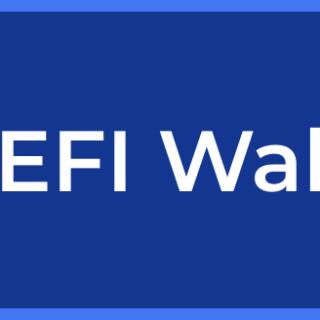What is a Hard Fork?
Hard fork
In a hard fork, the changes made to the blockchain’s protocol are not backward-compatible, which means that nodes running the previous version of the protocol will not be able to validate transactions on the new version of the blockchain, and vice versa.
Hard forks usually occur when there is a disagreement within a blockchain community regarding the rules and protocol of the network. For example, a hard fork may occur when some members of the community disagree with a proposed change to the blockchain’s protocol and decide to split off and create a new blockchain that follows the old protocol.
In order to participate in a hard fork, users must upgrade their software to the new version of the protocol that is compatible with the new blockchain. If they do not upgrade, they will be unable to validate transactions on the new blockchain.
Hard forks can be contentious, and they may result in the creation of competing versions of the blockchain with different sets of users and miners. However, they can also be used to implement significant improvements or changes to the blockchain’s protocol, such as increasing transaction throughput or changing the consensus mechanism.

